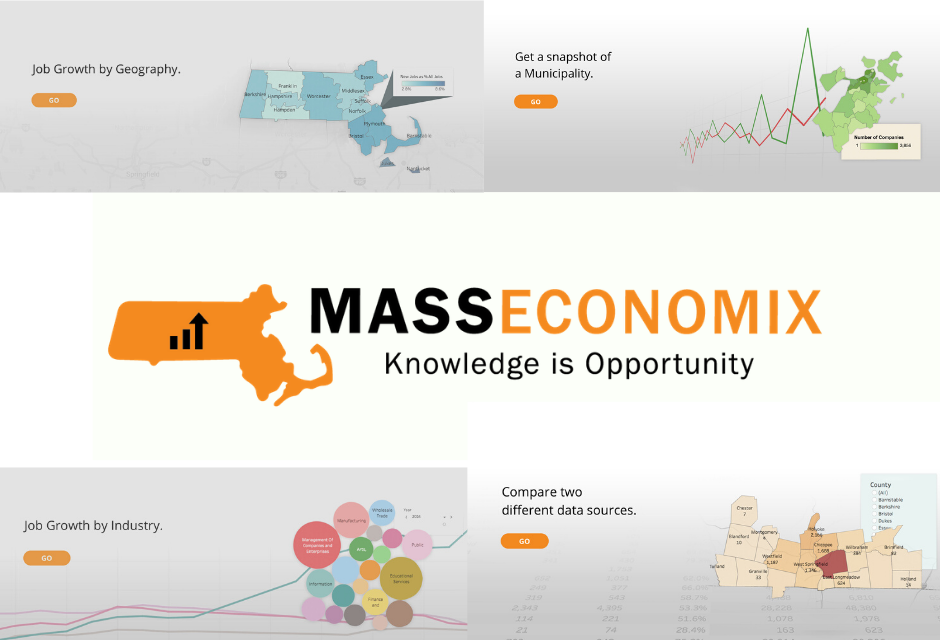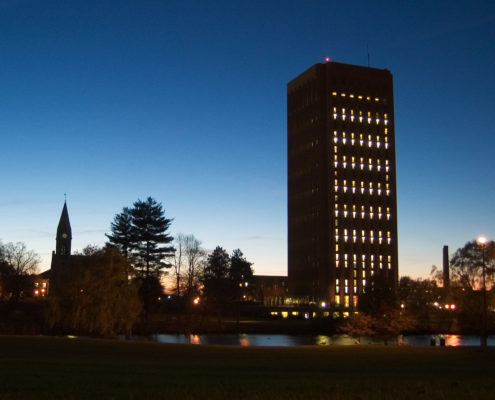Pioneer Report Offers Framework for Improving Greater Boston’s Global Competitiveness
BOSTON – Today, Boston is a fixture in rankings of the world’s top 40 “global cities.” But to become even more attractive to international companies and investors, Boston-area leaders must work to improve housing and healthcare affordability, transportation infrastructure, economic development policies, and education, according to a new study from Pioneer Institute.
“Over recent decades, our world-renowned colleges and universities have played a catalytic role in driving Greater Boston’s ecosystem of innovation in finance, healthcare, and technology,” said Pioneer Executive Director Jim Stergios. “Pioneer’s new report, Greater Boston as a Global Competitor, identifies those areas and provides useful metrics to help Massachusetts formulate a strategy to become an even more attractive place for innovators and talent.”
In 1991, sociologist Saskia Sassen defined a ‘global city’ as including “highly concentrated command points in the organization of the world economy.” Since then, top consulting and research organizations such as Kearney and the Institute for Urban Strategies have issued numerous reports on the concept.
Drawing from these and other “global cities” rankings, Pioneer synthesized dozens of economic, lifestyle, and governance indicators into five categories of importance to Boston’s profile in the international competition for talent and investment: Education, Economics, Innovation and R&D, Healthcare, and Transportation.
“Policymakers as well as the region’s private and public education institutions made important decisions that helped support the rapid development of key world-leading industries in Massachusetts,” said Andrew Mikula, author of the Pioneer study. “Increasing Boston’s standing on the global stage will require that today’s policymakers work hard to maintain our strengths and apply them to new and pressing challenges.”
Many of the region’s shortcomings as a global competitor concern issues of equity, accessibility, and efficiency, whether in education, transportation, housing, or the labor market.
Despite having public schools that are among the nation’s highest performers overall, Massachusetts can still use education to more effectively foster civic engagement and close persistent income- and race-based achievement gaps.
Pioneer’s study builds off the framework of existing rankings to identify constructive actions the region can take to serve its unique needs, illustrating the importance of competitiveness metrics in a still-growing region.
About the Author
Andrew Mikula is the Lovett & Ruth Peters Economic Opportunity Fellow at the Pioneer Institute. Research areas of particular interest to Mr. Mikula include urban issues, affordability, and regulatory structures. Mr. Mikula was previously a Roger Perry Government Transparency Intern at the Institute and studied economics at Bates College.
About Pioneer
Pioneer Institute is an independent, non-partisan, privately funded research organization that seeks to improve the quality of life in Massachusetts through civic discourse and intellectually rigorous, data-driven public policy solutions based on free market principles, individual liberty and responsibility, and the ideal of effective, limited and accountable government.
Get Updates on Our Economic Opportunity Research
Related Content













